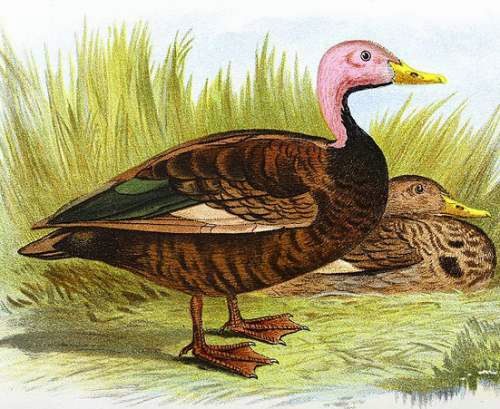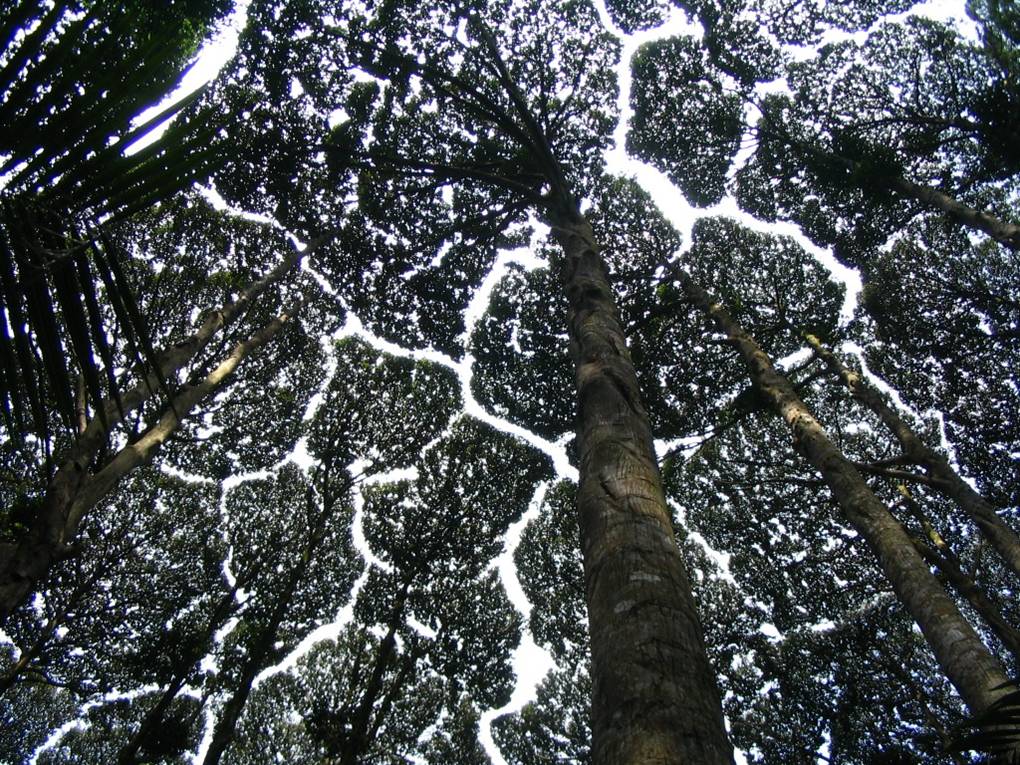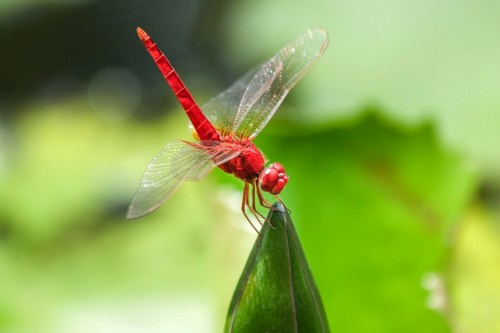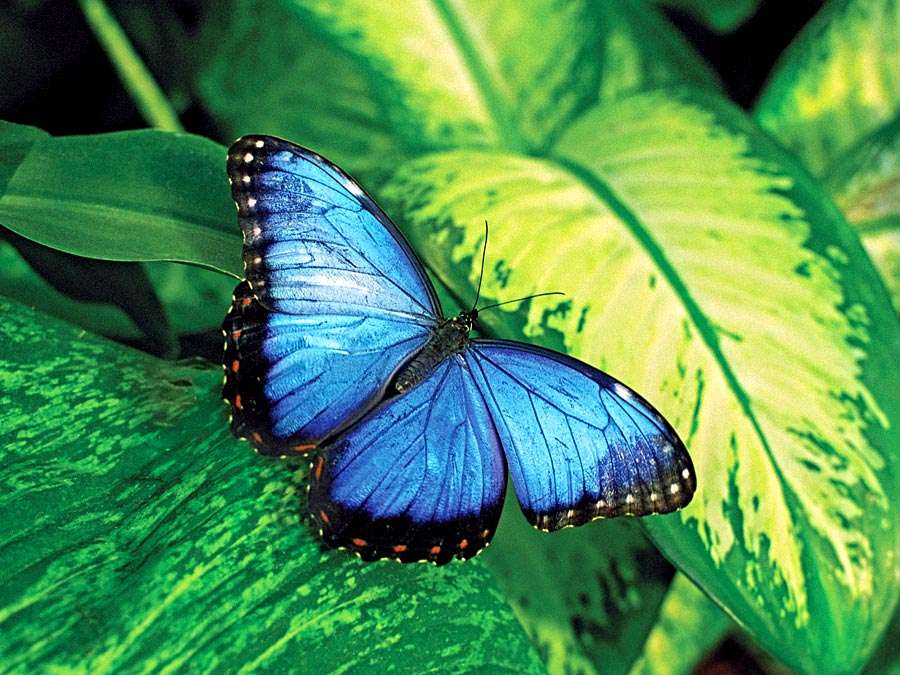Your questions answered. Each week we pick a question asked by our readers and answer them using the help of our resident experts and occasionally guest scientists and researchers eager to resolve your doubts related to the flora and fauna of India. If you have a question, send to contact@indiasendangered.com, or reach us on our social media handles – Twitter, Facebook.
The International Union for Conservation of Nature’s Red List of Threatened Species has evolved to become the world’s most comprehensive information source on the global conservation status of animal, fungi and plant species.
The IUCN Red List Categories and Criteria are intended to be an easily and widely understood system for classifying species at high risk of global extinction. It divides species into nine categories: Not Evaluated, Data Deficient, Least Concern, Near Threatened, Vulnerable, Endangered, Critically Endangered, Extinct in the Wild and Extinct.
A species is said to be Extinct in the Wild (EW) when it is known only to survive in captivity, or in a natural population well outside its natural and original range. This category is only assigned to a species after many surveys in its home range have shown no population repeatedly over a period of time.
But the species is still present in captivity therefore it in not entirely extinct from the planet.
From the species assessed till now by the IUCN (112,432 till Jan’2020) , there are two plant species from India that have been marked as Extinct in the Wild (EW). These are – Euphorbia mayurnathanii and Corypha taliera
Sometimes a species may be extinct within a region when it is said to be locally extinct. A good example is that of the cheetah that was once present in India but is now extinct, though cheetahs are found in other nations in Africa.
A species is said to be Extinct (EX) when there is no reasonable doubt after exhaustive surveys that the last of the individuals has died. Surveys are conducted at specific times throughout the life cycle of the species and in the entire range where it was found to confirm that no individual survives.
In recent times the majestic West African black rhino was declared extinct in 2006, after conservationists failed to find any in their last remaining habitat in Cameroon. The Revelator lists the species the world lost in 2019.
In reality, there could be many more species that might have gone extinct in the last decade but they have not been listed either because scientists wait for some time before they conclusively declare a species to have been lost from the planet or might also be because the species was not even discovered!
The rate of species extinction has increased now mainly because of anthropogenic (human-made) pressures that are destroying habitats and limiting resources for animals and plants to survive.
The UN in its report from May 2019 warned that we are currently facing the sixth mass extinction where 1 million species are facing annihilation. You can read my report and analysis of the data here.
Featured image of the Pink Headed Duck from India which was last seen in 1935 in Bihar.
Also read,
The Largest and the Smallest Animals have the Highest Risk of Extinction
Turtles thought to be Extinct in the Wild Discovered in Nagaland









